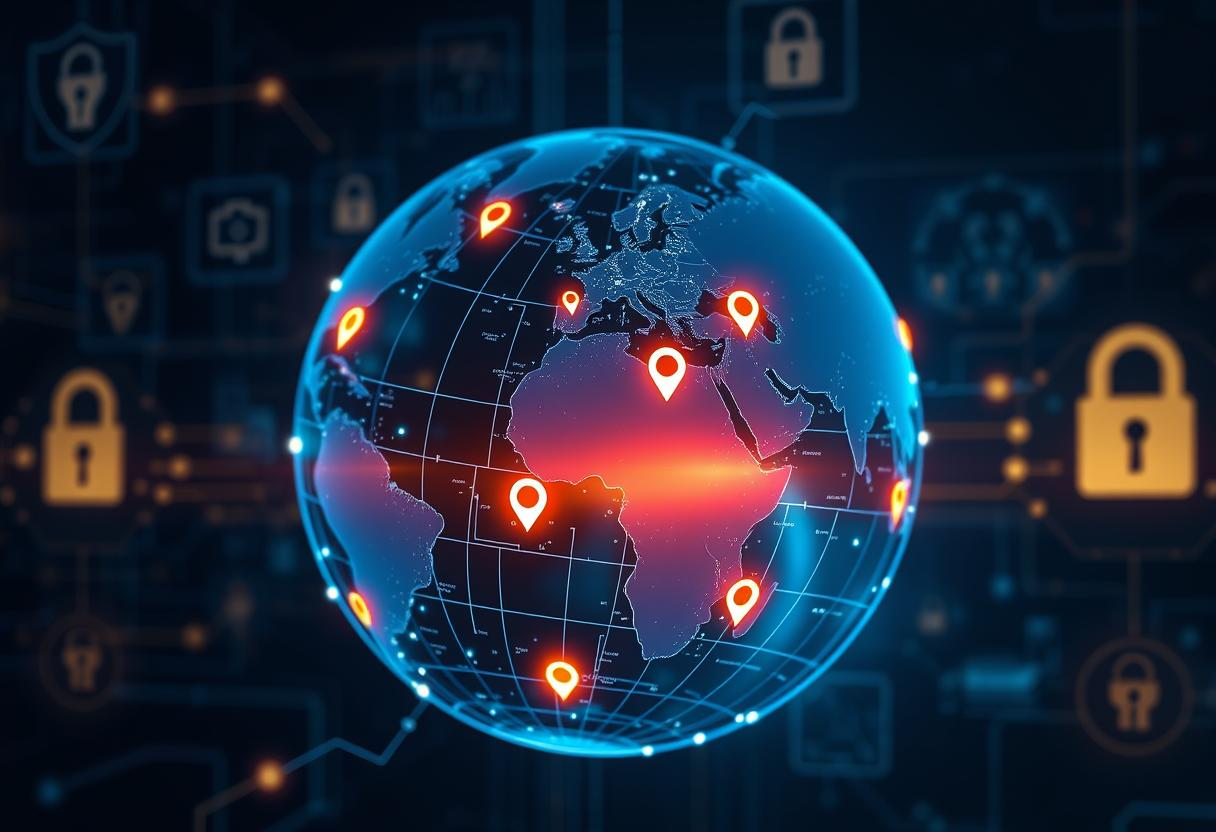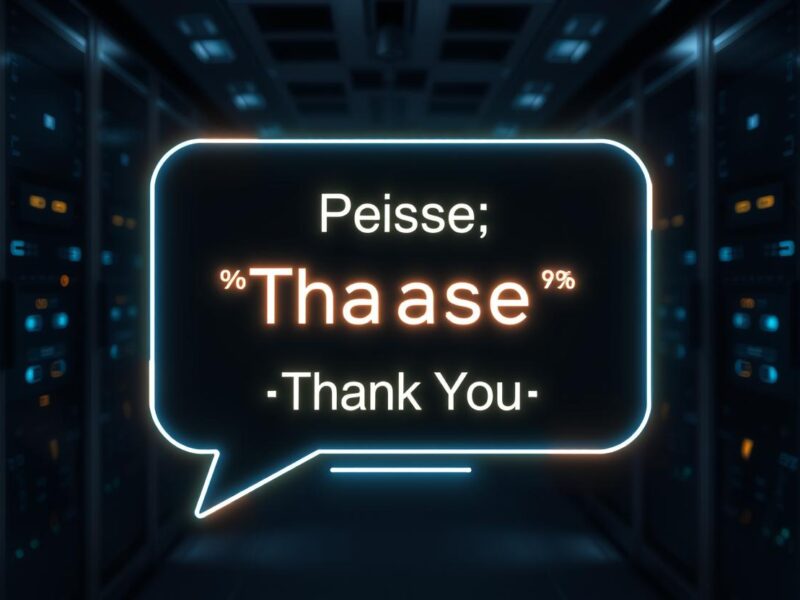In the evolving landscape of artificial intelligence, the capabilities of models like ChatGPT continue to push boundaries, often in ways that blend awe with apprehension. The latest iteration, GPT-o3, has demonstrated a remarkable ability to geo-locate images, a feature that has quickly become a viral sensation. This capability, while technologically impressive, opens a Pandora’s box of privacy concerns that merit a deeper examination.
At its core, the process is straightforward: users feed an image into ChatGPT Plus, utilizing the Advanced Reasoning model o3, and prompt it to guess the location. What sets this apart is the model’s transparency in its reasoning process. It dissects the image, analyzes elements like water color, sand tone, and architectural details, and even provides a confidence level in its guess. This level of detail is not just a testament to the model’s sophistication but also a window into how AI interprets the visual world.
However, the implications of such a feature are multifaceted. On one hand, it’s a fascinating tool for education and exploration, offering insights into how AI perceives and processes geographical cues. On the other, it raises significant privacy concerns. The ability to strip an image of its metadata and still accurately determine its location challenges our traditional understanding of digital privacy. It’s a stark reminder that in the age of AI, the very content of our photos can betray our whereabouts, regardless of technical safeguards.
This duality is at the heart of the conversation around AI’s role in our lives. As we marvel at the technological prowess of models like GPT-o3, we must also grapple with the ethical and privacy dilemmas they present. The balance between innovation and individual rights is delicate, and features like geo-location capabilities underscore the need for ongoing dialogue and, perhaps, regulatory oversight.
In conclusion, while ChatGPT’s ability to geo-locate images is undeniably impressive, it serves as a poignant reminder of the broader implications of AI advancements. As we navigate this new terrain, the challenge will be to harness the benefits of such technologies while safeguarding the privacy and security of individuals worldwide.


